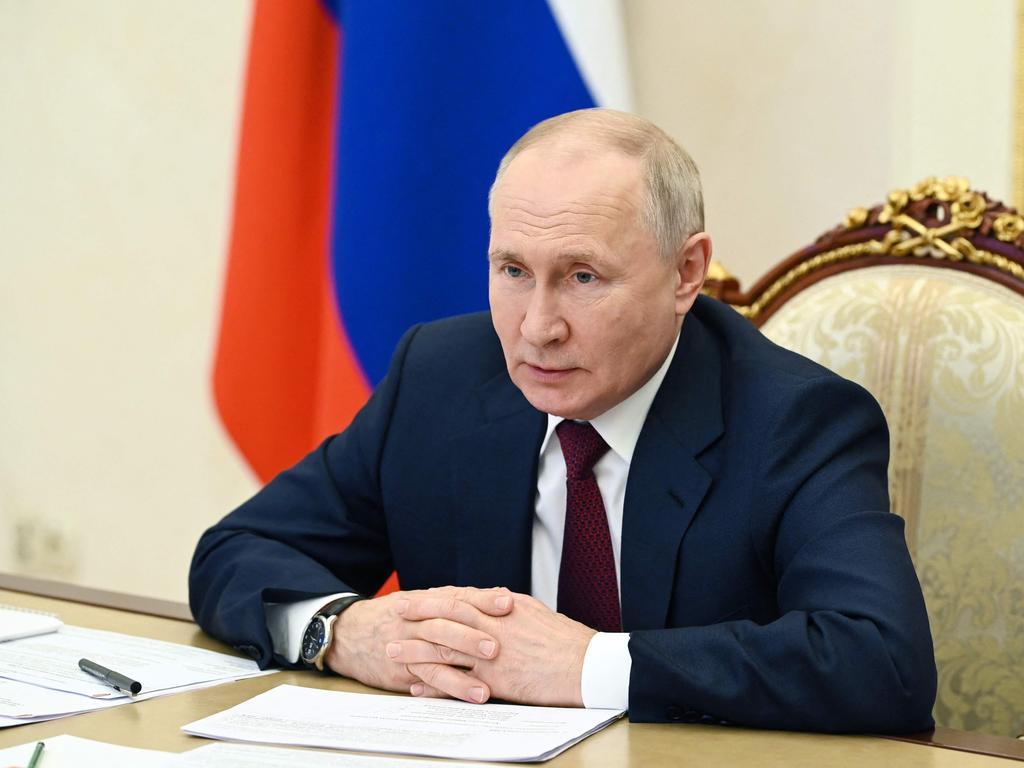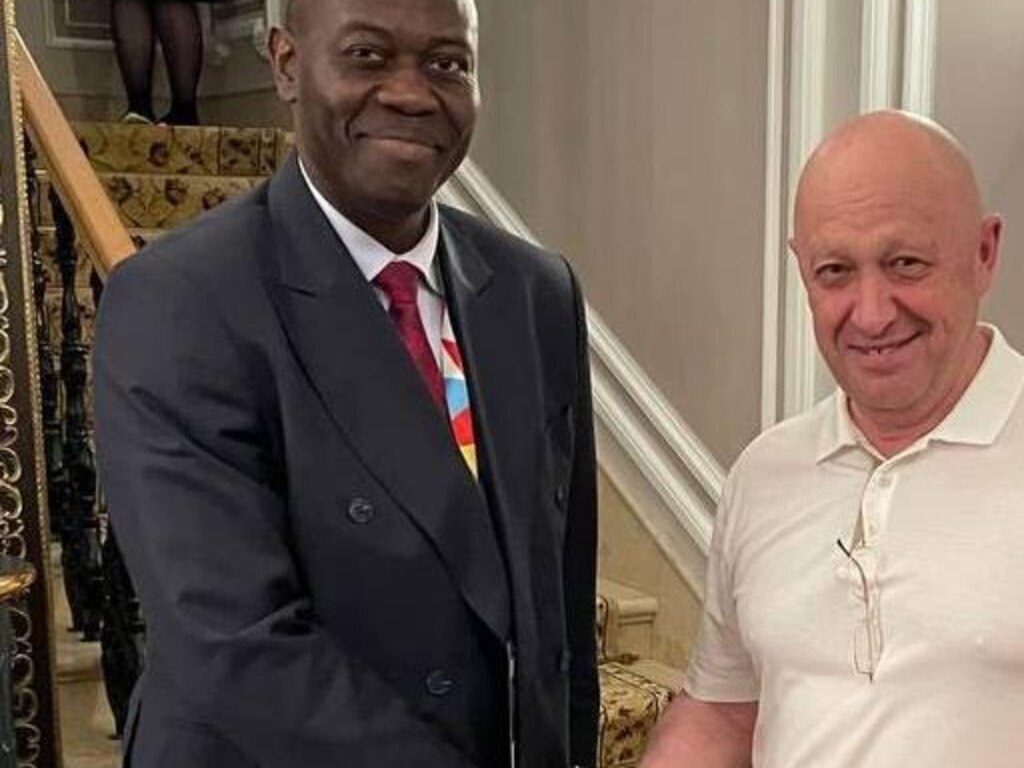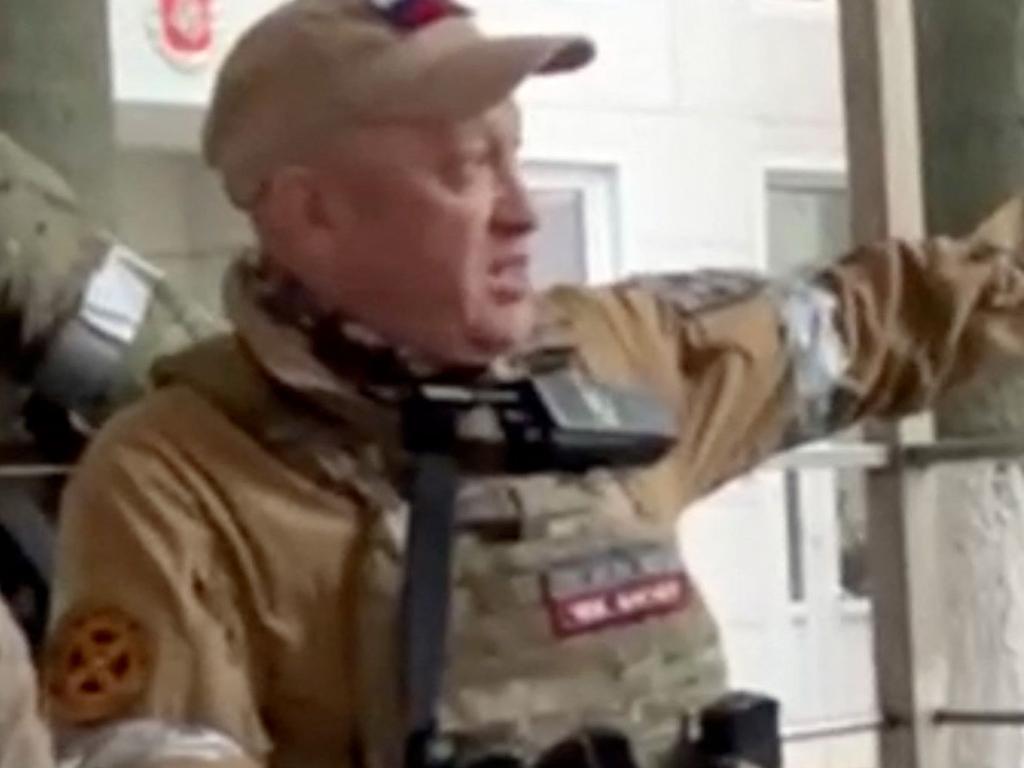Other Putin rivals fell from windows. This was more emphatic

The quashing of that mutiny two months ago was expected to lead to treason proceedings against the Wagner warlord but Putin hesitated. Instead, he stripped Prigozhin’s powers step by step. The effect was to make Putin look weak. Leaders such as President Erdogan of Turkey, who survived his own coup attempt in 2016, let it be known the Kremlin needed a tougher response to stop authority draining away.
Now the account appears to have been closed even if it emerges that Prigozhin was not on board – despite being on the passenger manifest. The use of air defences against the aircraft was a very public, emphatic way of closing down his avowed rival. Other putative rivals have been slipped poison or fallen out of windows. This was the opposite of stealth assassination.
Two questions are raised by the crashing of the aircraft. Why did Putin wait so long? And what has changed in the Russian political landscape over the past eight weeks?
Putin has long clung to the folk wisdom that revenge is a dish best served cold. But the longer he waited, the more feeble he appeared. The first step after the mutiny was predictable – to subordinate mercenaries to the Russian ministry of defence. Prigozhin had previously resisted such a move. The failure of the mutiny made it inevitable.
But he still had some bargaining power. There were elements of the military high command who had some sympathy for the mercenaries. Certainly at a time of attritional warfare in Bakhmut and beyond they were useful cannon fodder.

Some generals crinkled their noses at the reputational damage inflicted by Wagner recruiting and pardoning convicts but they did not need highly sophisticated troops in the trenches.
The connections between Wagner and senior officers in the GRU were murky – but there was always the possibility that extracting Prigozhin – “like a rotten tooth,” according to one commentator – might unleash an open feud between the competing intelligence agencies. Significantly, a GRU officer was reported to have been on the passenger manifest of the downed aircraft.

Moreover, Wagner was a money earner and its operations in Africa and the Middle East helped Russia gain lucrative access to mines and minerals.
A wealthy rival with foreign policy clout was rather more than a rotten tooth. As long as there was some cash floating around there was the chance of another mutiny.
Sergei Markov, a former Kremlin spin doctor, political scientist and supporter of Putin, commented: “Putsches have fundamental reasons behind them. And if those reasons remain, then the putsch might happen again.”
And Prigozhin, for all his bragging and vanity, seemed to have the ear of the president.
Putin has been quite systematic over the past eight weeks. For a while it seemed as if President Lukashenko of Belarus might keep the Wagner Ukraine veterans in a camp in his country.
Yet this never appeared to be quite satisfactory for the Belarussian dictator or the Kremlin. The Wagner group, disgruntled and at least partially loyal to their disgraced leader, came over as a potential source of instability, even in exile.
Prigozhin, meanwhile, jetted in and out of St Petersburg to shield his fortune and to make long distance calls to African leaders who might still need his services. In the Sahel particularly, embattled presidents were impressed by how far and how quickly Wagner progressed in the march on Moscow.

What has changed is this: there has been a quiet purge of senior officers, not only those who might have shown an inkling of sympathy for the Wagner veterans but also those who shared Prigozhin’s very public complaints about the running of the war in Ukraine.
Some of the grumbling about ammunition production and supply chains are being addressed.
A few months ago Wagner was acting as a lobby against the defence ministry. Now that is being dealt with through the conventional hierarchy.
The second big change that makes Putin’s chef – as Prigozhin came to be known in the Kremlin – redundant is the creation of new militias, as highly paid as Wagner, but explicitly subordinate to the defence ministry.
State companies such as the space agency Roscosmos and Gazprom, the energy producer, have been helping with the recruitment of some of their young male employees. The value of these militias is clear – it puts off the day when Putin has to declare a general mobilisation, which would be highly unpopular.
One reason for keeping the Wagner Group alive and kicking was that its forces could act as storm troopers in the war against the people of Ukraine. The hope was that atrocities could be blamed on the mercenaries and preserve the supposed honour of the regular Russian army.
Impending action by Britain and others to declare Wagner as a terrorist organisation has underlined just how much of a liability Prigozhin’s forces had become.
The Times







One of the Kremlin inner circle’s guiding principles has been never to leave loose ends after a crisis. The shooting down of Yevgeny Prigozhin’s private jet overnight (AEST) was just that – an attempt by President Putin to close an extraordinary challenge that reached a climax when Prigozhin’s Wagner mercenaries unsuccessfully marched on Moscow.